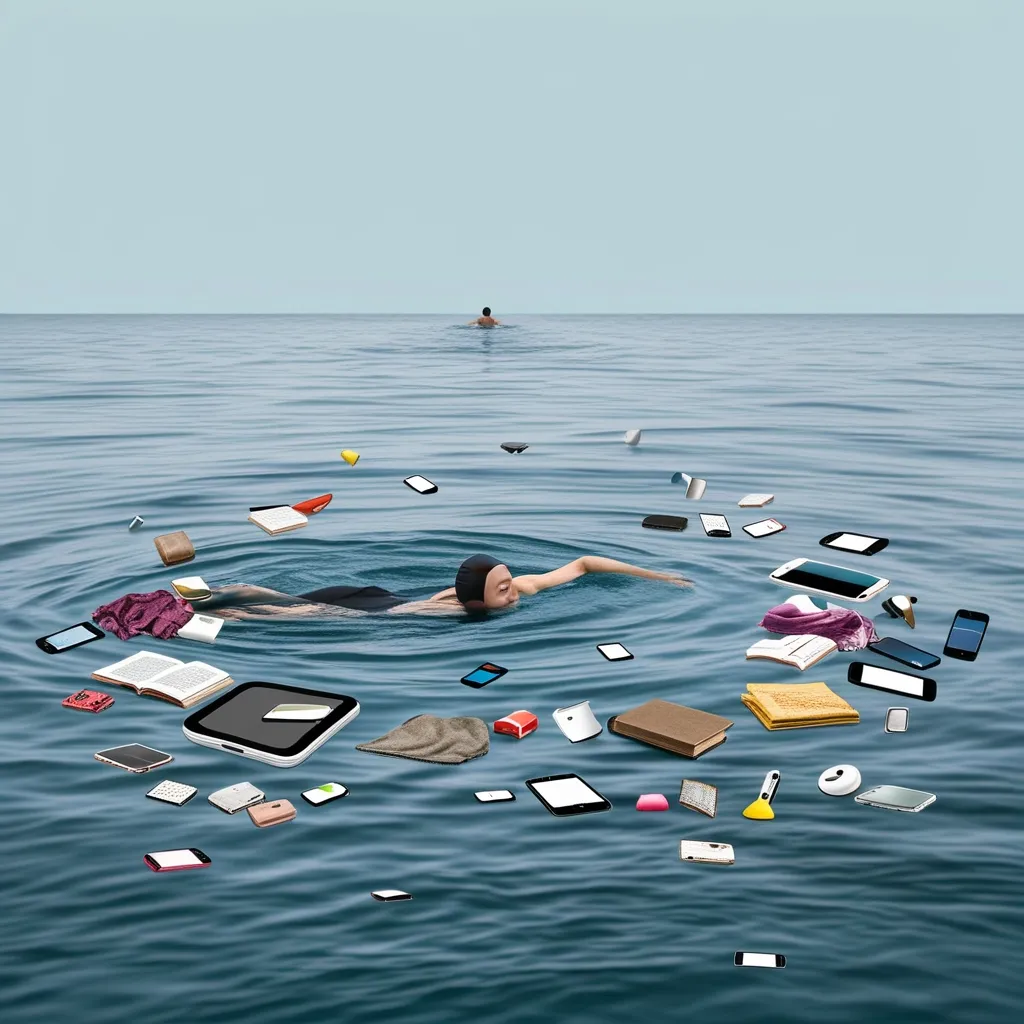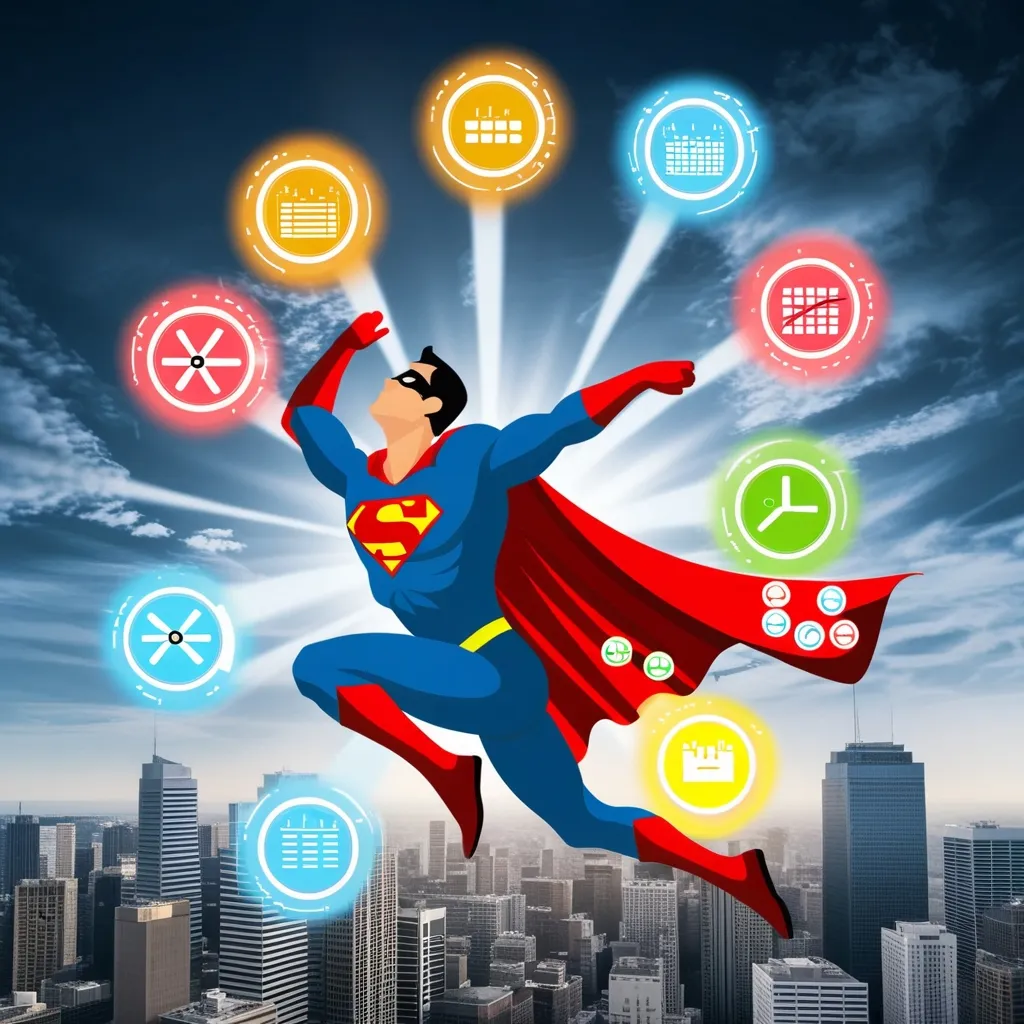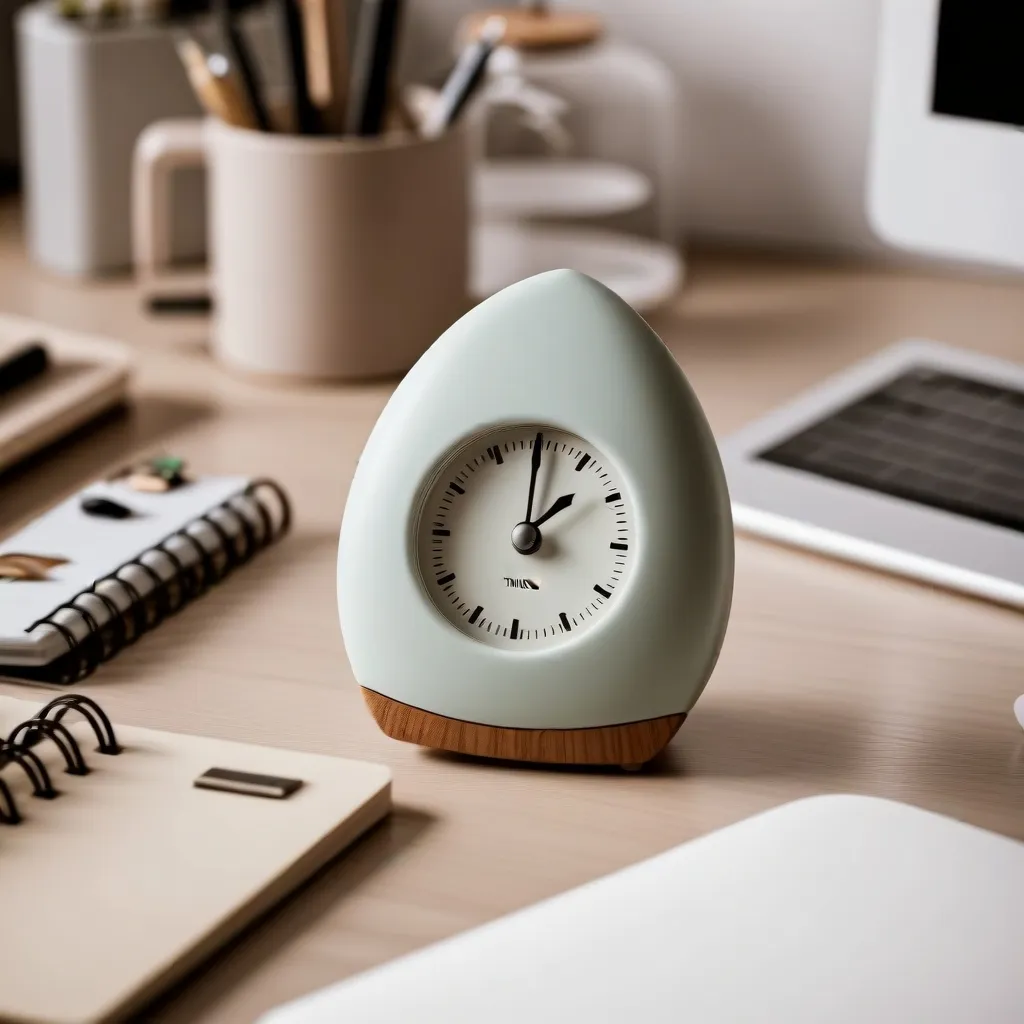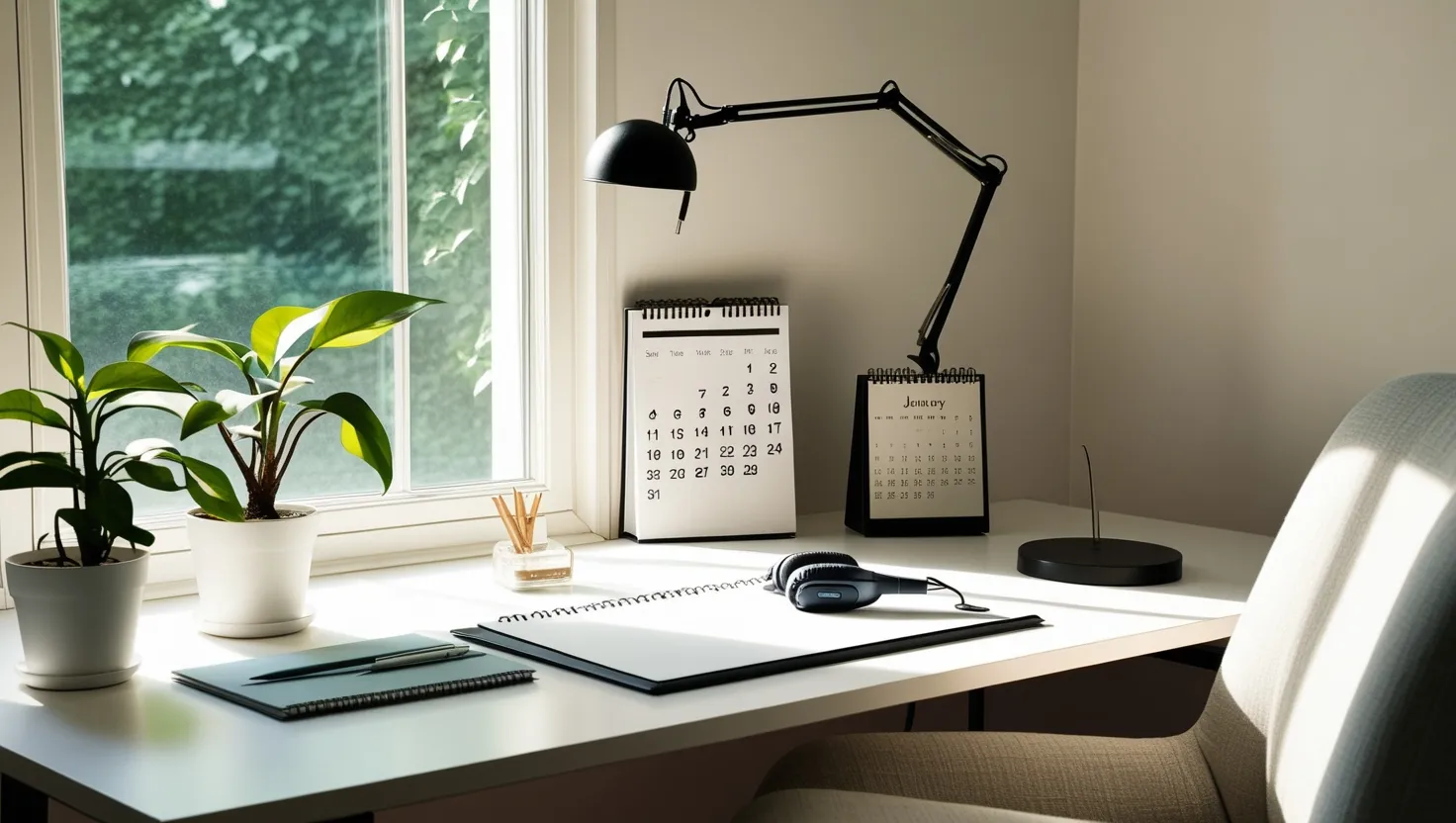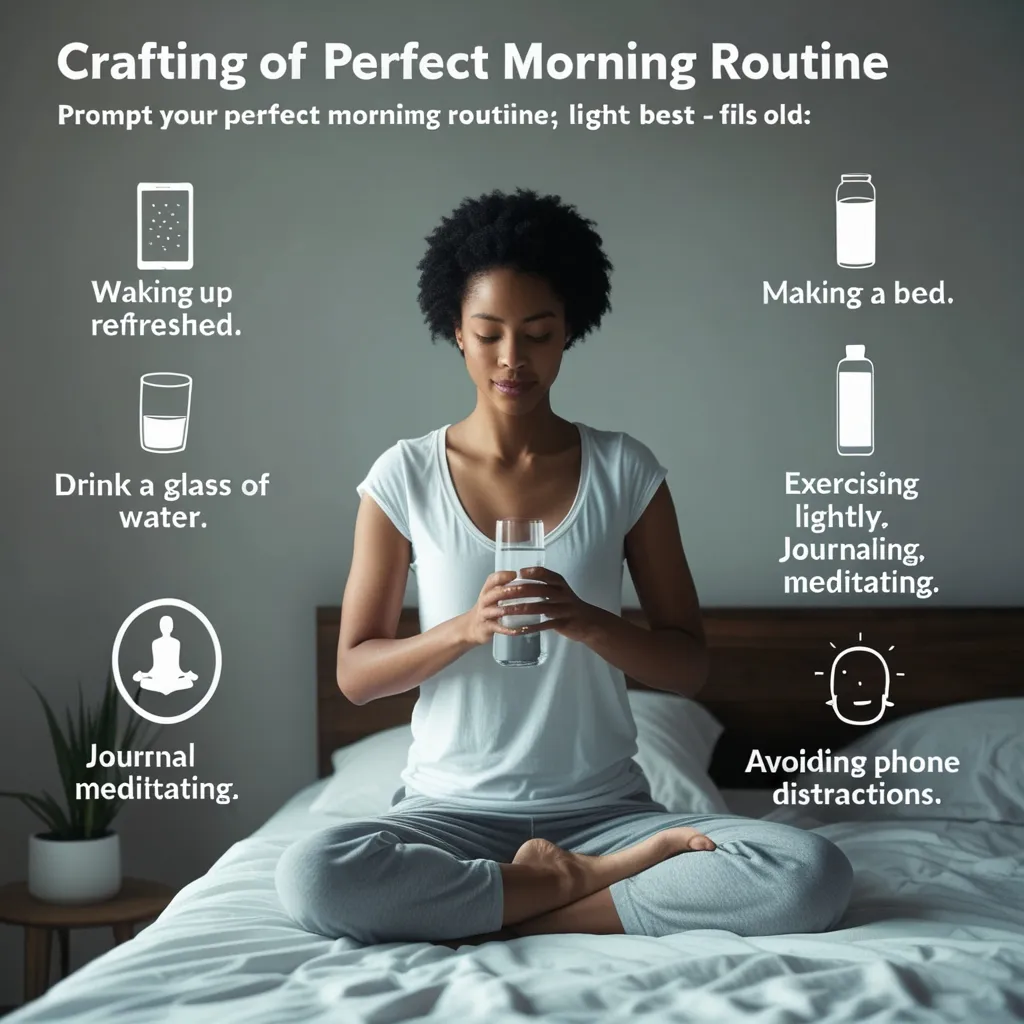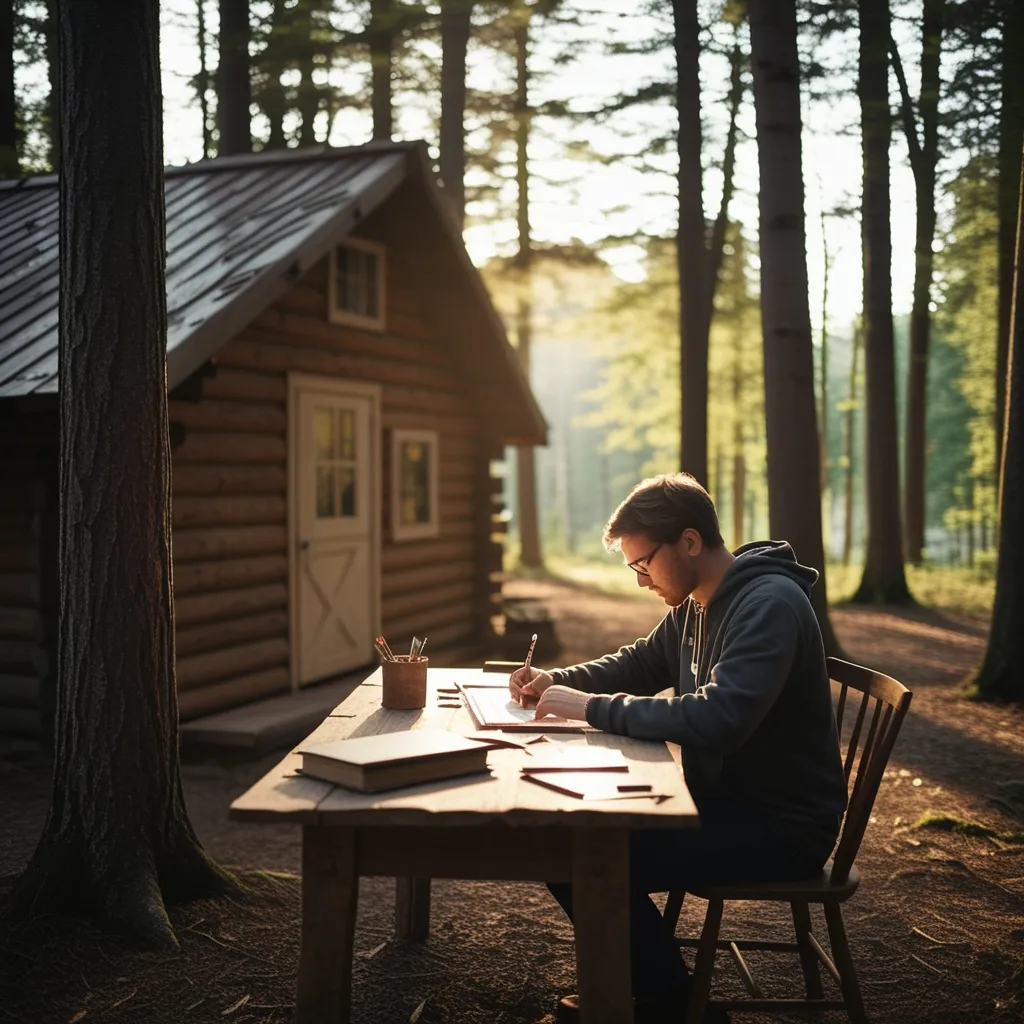Life these days feels more like a race than a stroll, doesn’t it? It’s like we’re all swimming in an ocean of distractions, and if we don’t keep our heads above water, mental clutter will drown us. Adopting a minimalist mindset might just be our life raft — a way to strip away the noise and focus on what truly matters.
Mental clutter is like that pile of laundry in the corner you keep ignoring. It’s there, taking up space and nagging at you. But this clutter isn’t on your floor; it’s in your head. It’s those unfinished tasks, endless notifications, and the constant urge to multitask. All of this chaos makes us less productive, more stressed, and just generally bummed out.
So what’s this minimalist magic, anyway? It’s not just about getting rid of stuff. It’s about simplifying life so you can zero in on what’s truly important. It’s about looking at your daily grind and asking, “Does this add value?” If not, it’s gotta go. The goal is to create space — mentally and physically — for things that actually matter, things that make life richer.
One of the first steps in this journey is clearing the digital cobwebs. We swim in a sea of emails, notifications, and updates that, frankly, we don’t need. Unsubscribe from those pointless newsletters, turn off non-essential notifications, and set aside specific times to check your messages. This way, you reduce the digital noise that keeps you from focusing.
Prioritizing tasks is another game-changer. The Eisenhower Matrix, for example, helps you figure out what needs your immediate attention and what can wait. Imagine sorting your to-do list into four boxes: urgent and important, not urgent but important, urgent but not important, and neither urgent nor important. Focus on the first box and schedule or delegate the rest. It’s like tidying up your brain, making it easier to stay on track.
When it comes to media and content, quality over quantity is the name of the game. Instead of endlessly scrolling through social media, maybe pick up a book or listen to a podcast that enriches your mind. These small changes help you shift away from consuming junk and towards content that actually adds value to your life.
Understanding triggers for distraction helps keep mental clutter at bay. Sometimes, these triggers come from inside us, like when we’re anxious or bored and end up doom-scrolling through Instagram. Other times, they’re external, like the ping of a new email or a social media notification. Recognize these triggers and you can start managing them better.
Our habitual responses to these triggers are like reflexes — reaching for your phone the minute you’re bored is as automatic as breathing. But once you’re aware of these habits, you can start to change them. It’s easier to break a cycle when you know you’re stuck in one.
Daily habits can reinforce a minimalist mindset. Starting your day with a bit of gratitude can shift your focus from what you lack to what you already have. It sets a positive tone for the day and helps keep that pesky desire for more stuff at bay.
The one-in-one-out rule is a practical tip: for every new item you add to your home, let go of an old one. This keeps physical clutter under control and makes you think twice before you buy more.
Decluttering doesn’t have to be a massive weekend project. Just ten minutes a day can make a significant difference over time. Your living space becomes simpler and more peaceful, and consistent small efforts add up.
Screen time is another biggie. Reducing how much you stare at your electronics not only declutters your mind but also shields you from ads that fuel consumerism. It frees up time for more meaningful activities and cuts down on those digital distractions.
A simplified wardrobe can also make a surprising impact. Creating a capsule wardrobe with pieces you love and wear often reduces decision fatigue and speeds up your morning routine. Plus, it aligns with minimalism’s core principle of quality over quantity.
Living a minimalist lifestyle has a bunch of benefits. Less stress and anxiety, for starters. With fewer possessions and distractions, you can focus on what really counts, leading to a more balanced, peaceful life. Your productivity shoots up too. By cutting out non-essential activities, you free up time and energy for the stuff that truly matters.
As you let go of material possessions and external distractions, you also create space for introspection. This deeper self-reflection helps you understand your values, beliefs, and desires, which leads to greater fulfillment and joy.
Emotional regulation becomes easier when you’re not drowning in distractions. Instead of binge-watching TV to escape stressful thoughts, minimalism encourages you to face these issues head-on. Reducing cognitive load makes you more resilient and better equipped to handle life’s curveballs.
Minimalism helps resist the urge for quick rewards. Our brains are wired to seek out these immediate gratifications, but focusing on long-term benefits brings more enduring happiness. By being mindful of what you consume, you avoid falling into the trap of short-term satisfaction and instead invest in activities that bring lasting joy.
Cultivating a minimalist lifestyle is more of a journey than a destination. Reflect on your progress regularly. Celebrate your wins and identify areas where you can improve. This reflection keeps you motivated. Set daily intentions that align with your minimalist values. This practice helps you stay focused on what truly matters.
Practice generosity. Regularly donate items you no longer use or need. It helps you let go of excess and also makes a positive impact on others. Focus on experiences rather than possessions. Investing in experiences like a memorable trip or a fun outing with friends creates lasting happiness and meaningful memories.
Maintaining a minimalist lifestyle is an ongoing process. Give yourself grace during this transition. Don’t expect to get everything perfect overnight. Take your time to make changes and discover what works best for you. Practicing mindfulness, especially when shopping, helps. Imagine how a new item would fit into your life, how often you’d use it, and whether it’s necessary.
Unsubscribe from unnecessary emails to keep your digital life clean. This reduces the temptation to buy more and keeps your inbox clutter-free.
By incorporating these habits and principles into your daily routines, you can gradually shift to a minimalist mindset. Remember, it’s not about having less but about making room for more of what truly matters. Simplifying life helps you focus on the essentials, bringing more peace, clarity, and fulfillment. And who couldn’t use a bit more of that?
